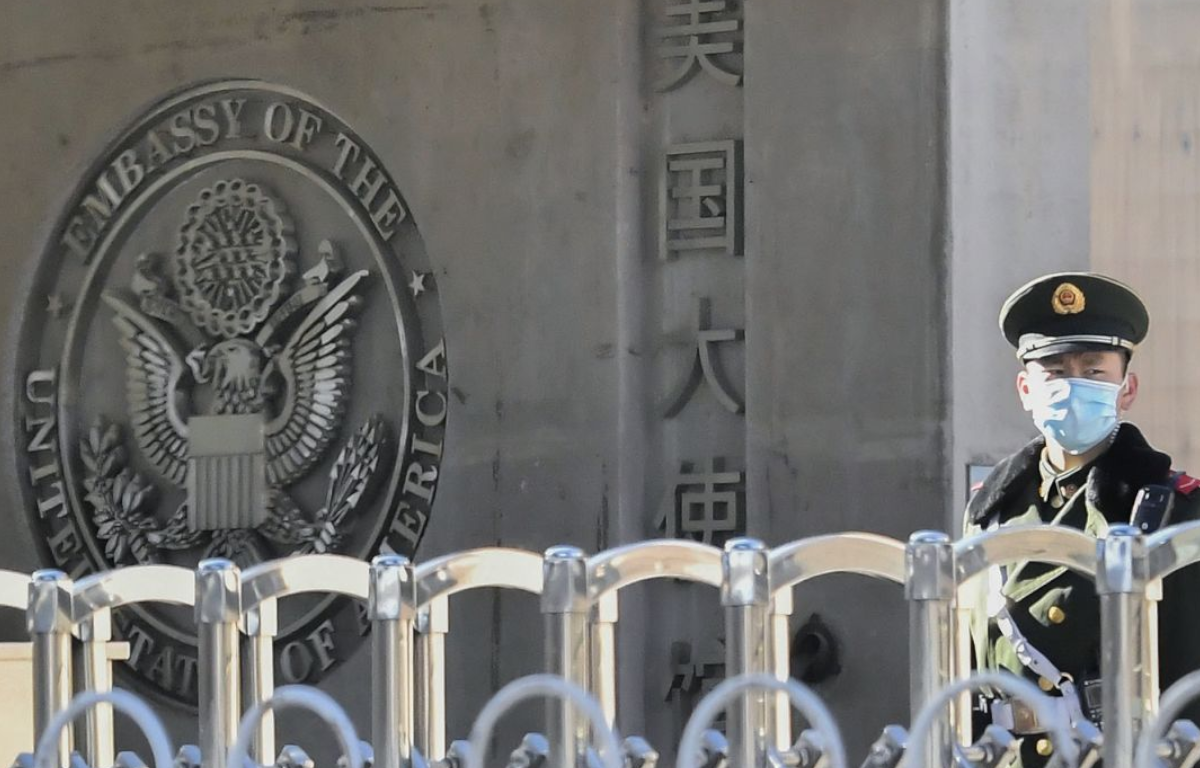
To grasp the complexity of this issue, one must acknowledge the historical context in which these allegations have emerged. China has grappled with devastating floods over the years, often resulting in significant loss of life and property damage. These disasters have been attributed to various factors, including heavy rainfall, rapid urbanization, and the alteration of natural river systems. In response, the Chinese government has embarked on ambitious flood control projects, involving the construction of dams, reservoirs, and levees.
The controversy arises when accusations suggest that the flooding of specific areas is not solely the result of natural events but rather a deliberate action by the government. These allegations point to several motives behind such actions, including flood diversion, land reclamation, and environmental considerations. Critics argue that these measures disproportionately affect less affluent communities.
One notable example that has garnered significant attention is the flooding of parts of Lishui in Zhejiang province in 2019. Reports indicate that local authorities intentionally flooded certain areas to safeguard economically developed regions. Although this may have preserved valuable property and lives, it left some residents feeling marginalized and dispossessed.
Chinese government officials have consistently refuted allegations of purposeful flooding. They stress their commitment to flood control as a means of protecting lives and property. Government representatives often highlight the formidable challenges posed by China’s extensive river systems and emphasize the necessity of comprehensive flood management strategies.
Beyond the political dispute, there are substantial environmental and humanitarian concerns associated with these allegations. Flooding can have severe repercussions, including damage to ecosystems, displacement of local communities, and the loss of homes and livelihoods. Addressing these concerns demands careful consideration of environmental conservation and social justice.
The issue of the Chinese government’s alleged intentional flooding of specific towns and neighborhoods is multifaceted and contentious. While there is evidence supporting some of these claims, it is crucial to approach the matter with a balanced perspective that considers China’s historical struggle with flooding, its ambitious flood control initiatives, and the broader context of urbanization and economic development.
Ultimately, any strategy involving flooding must prioritize the well-being of affected communities, environmental sustainability, and transparent communication with the public. The allegations of purposeful flooding underscore the importance of accountability, responsible governance, and the need to strike a balance between economic interests, social well-being, and environmental concerns.










Share this: